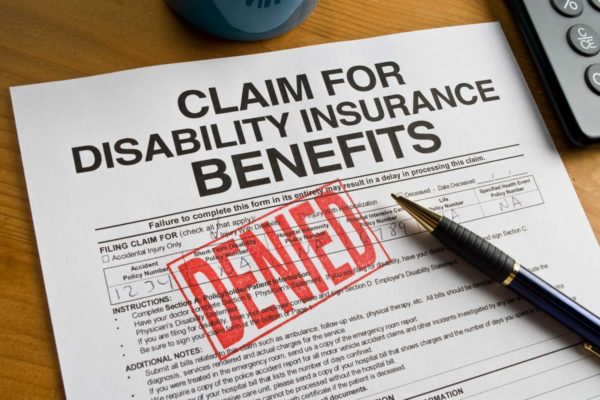WHY AN ATTORNEY OR ADVOCATE HELPS YOU GET DISABILITY BENEFITS
Sure, you can try for Social Security disability without an attorney or "representative." But just because you can doesn't mean you should. Most judges will advise you to postpone your hearing and come back with representation. That is because judges realize that having an attorney or representative is in your best interests.
I think some claimant's reluctance to get representation is because they don't realize what a representative can do for them. Let's talk about a few of the important things a representative will do (things that probably will not be done if you represent yourself).
1. A representative will analyze the technical aspects of your case and decide on the best legal theory (approach) to win. Can you meet or equal a Listing? Do you meet one of the Medical-Vocational Rules? So you need to go all the way to Step 5 in the process and prove that there is no job in America that you could do? How's the best way to prove that? How can your doctor help prove it?
2. A representative will obtain and analyzie your medical records to find proof for your claim. Sure, Social Security will attempt to get your medical records. They may or may not get them all. But they won't analyze them the way your advocate will. And they may not go the extra mile to be sure all the evidence is obtained.
3. Your representative will write a legal brief--outlining succintly why your case meets all the rules and regulations to be paid. Judges use these briefs to get a 15-minute summary of the medical, vocational and legal view of your case. If there are legal problems with your case, they can be explained or clarified here-and perhaps the problem can be solved even before the hearing begins.
4. Your representative will solve problems that could have got you denied. There are few perfect claims. Most of them have problems that stand in the way of getting approved. A representative recognizes the problems and works to solve them as early in the process as possible.
5. A representative will answer the judge's questions. Let's say the judge has questions about the alleged onset date. Or meeting a Listing? Or about unemployment benefits, or drug or alcohol issues...or part-time work. There are a hundred questions that can come up during a hearing, and how they are answered may depend on whether you get an approval or denial.
6. Your representative can cross examine the vocational expert (VE). All hearings for an adult claimant will include testimony by a job's expert (VE). The VE will usually propose jobs that the claimant can still perform, thus suggesting a denial of benefits. A skilled representative can question the VE and hopefully mitigate the damage created by his'/her testimony. This can literally snatch victory out of the jaws of defeat.
7. Your representative will seek all the back-pay available. You want to get the most pay available out of your claim. Back payments depend on the date you first became disabled (onset date) and other factors. Your representative will keep your back-pay in view as he or she helps to settle your claim.
8 Your representative is a vital source of solid, reliable information. You can ask questions and expect dependable answers about your claim.
Attorney/representatives do not charge you a fee unless.....
A) You win your case, and
B) You are awarded back-pay or past due payments
You do not pay any money upfront. All services are without cost to you--from the first call to the payment of back pay by the government.
___________
Call Us: (256) 799-0297
Email Us: forsythefirm@gmail.com
Visit Our Detailed Webpage: DISABILITY WEBSITE



